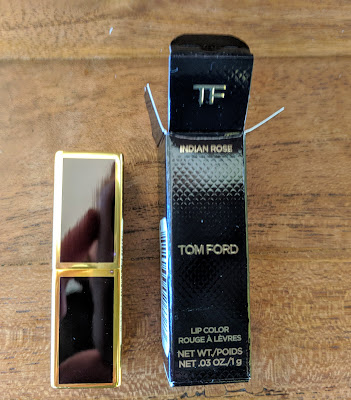 |
| Why are so many products almost empty when you open them? |
A lot of times when I open a product, I am disappointed or disgusted, depending on how much empty space there is, that all of the plastic or whatever the product is packaged in is wasted on a product that is partially or almost completely empty.
Below are only two of many, many examples of products on the market with a very empty bottle and thus overpackaging. These are both vitamins that come in plastic bottles. Think of the plastic that could be saved if these were put into appropriately sized bottles. I think my husband’s theory that they are just trying to make the package bigger, so that it is spotted on the shelf might be accurate. Either that or they're trying to fool customers that there are more tablets than there are. Either way, it's an unnecessary waste of resources.
Naturopathic Labs Vitamin C
This bottle of vitamin C was a really big bottle, but had a lot of empty space. It was only about half full. What a ridiculous waste of plastic.
 |
| My whole finger fit all the way down into the bottle as it was half empty. |
 |
| The vitamins only came about halfway up the bottle to where my thumb is. |
Equate Vitamin D 1000 IU
Equate is a house brand of Walmart and one would hope that they would be cost conscious of packaging, as they offer a lot of products below the price of brand names, but this bottle was almost complete empty. It was less than a quarter full, even worse than the one above. Outrageous overpackaging like this really annoys me. There is no reason for this kind of waste.
 |
| This bottle was less than one quarter full! |
 |
| Where my thumb is is where the pills go up to in this bottle (the orange section)!!! |
These two companies are by no means alone in the overpackaging world. All companies need to stop doing this. It creates unbelievable waste in a world where our resources are dwindling. And it doesn't make me feel happy when I find packages are this empty either. I just feel like never buying those brands again (unfortunately most vitamin manufacturers seem to do this). Reducing is always better than recycling, so let's stop creating unnecessarily large bottles that will just end up in the landfill or recycling plant sooner than you'd think.











































